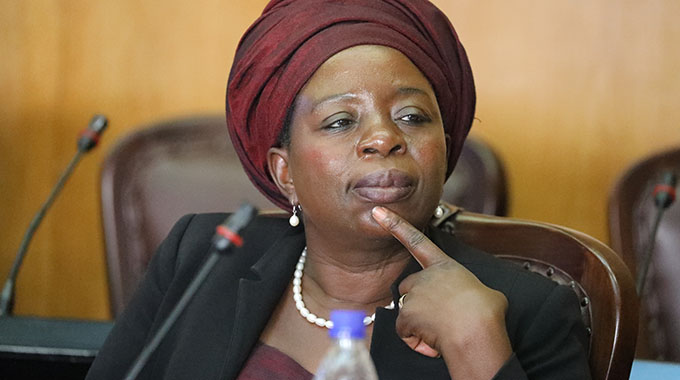
Business Reporter
Sugarcane farmers in the country’s Lowveld are pushing for sweeping reforms in the sugar industry to break the monopoly held by Tongaat Hullets Zimbabwe.
They are also seeking an “urgent review” of proceeds sharing ratio formula used to determine the sharing of revenue between sugarcane growers and millers, a group of farmer organisations argued.
Farmers get 77 percent value of sugar extracted from raw sugarcane. The amount is a combination of domestic and foreign currencies earned from exports.
There is an agreement, which also allows farmers to participate through the value chain of molasses, a by-product of the milling process. Farmers can choose to collect the molasses, get paid for the molasses or paid from revenues realised from ethanol.
The farmer organisations have vowed to push for reforms — including the repeal of the Sugar Production Control Act — that they said are needed to boost viability of growers.
The reforms would protect them from the monopolistic tendencies by Tongaat, they argue.
“Our biggest problem is the commercial relationship we have with Tongaat, which is not viable,” Mr Farai Mutamba, spokesperson of a group of eight farmer organisations said last week.
“The revenue sharing ratio is not a viable arrangement. We have an outdated law and this is the main reason why we have all these problems.
“For as long as the industry is structured as it is, we will not go anywhere. The structure of the industry can only be corrected through a new law,” he said.
Industry and Commerce Minister Dr Sekai Nzenza, said her ministry would seek dialogue with sugarcane farmers and Tongaat.
“I am positive that we will find common understanding and an equitable fair solution on pricing. Ultimately, we must deliver sugar that is affordable and accessible to the consumer”, said Dr Nzenza.
Questions send to the Tongaat spokesperson had not been responded to by the time of going to print yesterday.
Prior to the land reform, which started at the turn of the millennium, Tongaat, which owns mills in Triangle and Hippo owned 75 percent of all the land under sugarcane.
Changes in land ownership saw a major transition as plantations under Tongaat declined to 56 percent while out-growers took control of the remaining 44 percent.
This culminated in a prolonged antagonistic relationship between Tongaat and the farmers.
Last year, farmers petitioned Parliament for the repeal of the Sugar Control Production Act, arguing that it had been overtaken by developments resulting from land reform.
In the petition signed by eight associations representing local farmers in the Lowveld, sugarcane growers are seeking reforms in the entire value chain from a regime of monopoly by Tongaat to that which takes into account changes in the industry resulting from land reform programme that increased participation of local farmers.
The farmers unanimously concurred the Sugar Production Control Act of 1964 is out-dated.
The farmers indicated that the Act is devoid of the following; the establishment and incorporation of the Zimbabwe Sugar Association, membership and composition of the association, powers of the ZSA Council and sugar industry agreements.
The associations noted with concern that Tongaat is the sole dominant player in the entire sugar milling process in the sugar industry value chain in Zimbabwe.
They regarded this hegemony as tantamount to abusive tendencies by the millers due to absence of competition as epitomised by the Cane Purchase Agreement of 2008, which farmers signed unwillingly to have their sugarcane processed.
According to the petition, only three out of eight associations are represented on the Zimbabwe Sugar Association (ZSA) and Zimbabwe Sugar Sales (ZSS) boards, but still with no executive powers.
As such, farmers have recommended that the Act should be repealed to warrant a mandatory representation of farmers in the boards and Government to appoint directors of the ZSA and ZSS boards.
“It is our prayer that a complete overhaul of the Act be instituted as a matter of urgency so as for Government to provide a policy framework that addresses the evil of monopoly interest and cartels while at the same time creating a level playing field for all stakeholders,” read part of the petition.
Mr Mutamba said farmers were keen to “trying to get the relationship with Tongaat work through the Parliament.
In response to the petition, the Parliamentary Portfolio Committee on Industry and Commerce recommended the Government to come up with a new division of proceeds ratio that take into account the recommendations by millers and sugarcane farmers.
The Government should also promote investment or bring more players in the processing, distribution and marketing of sugar to curb “hegemony” in the entire sugar value chain.
Further, the Government should be represented in the sugar industry boards and that the chairperson of the ZSA board should be an independent person.
